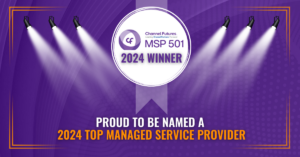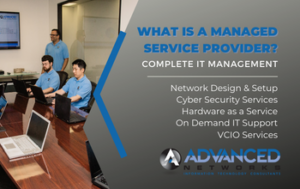Keeping Devices At Their Fastest

IT services experts in Los Angeles can help you get the most out of your devices. Different tactics may work best for different tech. Cloud or other decentralization upgrades can be advisable. In short, there are a lot of ways to cut down device lag.
Practical Steps to Speed Up Computers
IT support providers in LA always advise secure operational policies, as well as maintaining computers at peak efficiency. They will also advise a few key tactics in specific device management such as the following:
Daily Restarts, Limitations On Start-Up Software, Running One Program At A Time
IT services experts in Los Angeles advise that you should restart your work device at least once a day. Computers, even those running solid-state drives, still heat up. Electricity itself can wear out internal components through continued use. So, restart daily.
Also, assure when your computer boots up, there aren’t a thousand programs it must launch immediately. That slows things down. Lastly, try to only run one or two programs at a time. Too many programs operating simultaneously will always slow things down.
Cut Down Browser Tabs, Get Rid of Spurious Data, Update with Regularity
If you’re always using multiple browser tabs, that tends to slow down your device. Try not to do that. Also, redundant or otherwise unnecessary data–that which is spurious–should be eliminated. Lastly, be sure devices are updated whenever the opportunity arises.
Archive Using the Cloud and Routinely Check for Malware
You have to cut down the amount of information stored on your devices by moving it to the cloud to free up space. Also, at intervals, you should screen devices to see if there’s any hidden malware percolating at the fringes.
Practical Tips for More Efficient Devices
Our IT services team in Los Angeles can help you determine proper steps to speed up even smaller devices. Restarting daily, limiting startup software, using only one program at a time, reducing browser tabs, eliminating redundant data, updating regularly, archiving over the cloud, and routinely checking for malware represent good places to start. To learn more, contact us at Advanced Networks!




